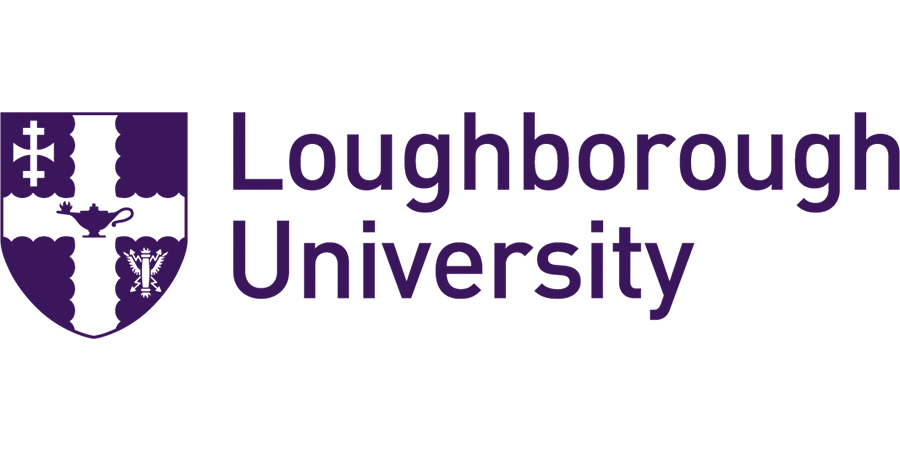PhD Studentship: Energy Resolved-backscatter X-ray Imaging for Safety Inspection and Asset Assessment in Nuclear Decommissioning
Loughborough University - School of Science
| Qualification Type: | PhD |
|---|---|
| Location: | Loughborough |
| Funding for: | UK Students |
| Funding amount: | £20,780 per annum |
| Hours: | Full Time |
| Placed On: | 22nd April 2025 |
|---|---|
| Closes: | 28th April 2025 |
| Reference: | SB/PH/2025 |
Globally there are many legacy nuclear estates – often built decades ago without consideration for their eventual fate – which are now undergoing nuclear decommissioning and remediation to return the sites to normal use.
X-ray backscatter imaging is a non-destructive analysis technique, where X-rays are directed at a target and Compton/back-scattered photons imaged. Existing industrial systems with large, heavy infrastructures are not suitable for deployment in active environments. This project will apply recent advances in spectroscopic imaging, analysis and detection, as well as collimator manufacture, to enable quantitative imaging.
Your research will include a mix of computational and experimental work to develop and characterise these instruments. Monte Carlo simulations (using GEANT4) will allow you to explore the fundament physical limits of the technique and to create new image reconstruction algorithms. This project offers the opportunity to produce new techniques in imaging physics, develop and build a new imaging tool, and assist in the NDA’s mission to decommission legacy nuclear sites safely.
Supervisors:
Primary supervisor: Sarah Bugby
Secondary supervisors: Jenny Spiga & Cunjia Lui
Entry requirements:
Applicants should have or expect to achieve at least a 2:1 Honours degree (or equivalent) in Physics, Engineering, or a related subject. A relevant master’s degree or work experience would be an advantage. We welcome interest from applicants with a range of backgrounds.
Experience with programming is vital. The ideal student will be practically minded, a fast learner, and self-motivated, and should be comfortable working to deadlines and managing their own time. This project requires strong written and verbal communication skills. Although not required, knowledge and experience in areas such as radiation detectors, computational simulation, systems engineering and experimental techniques with sources of ionising radiation are applicable.
English language requirements:
Applicants must meet the minimum English language requirements. Further details are available on the International website.
Funding information:
The studentship is for 3.75 years and provides a tax-free stipend of £20,780 per annum for the duration of the studentship plus tuition fees at the UK rate. International students are welcome to apply and a strong candidate may secure a fee waiver for the difference between UK and International tuition fees. Funding for conference travel, lab materials, bespoke training, and test campaigns at national facilities is also in place. The programme also includes formal teaching in model-based systems engineering from Loughborough Systems Engineering experts and industrial leaders.
This PhD studentship is offered by the Model-Based Systems Engineering doctoral centre https://www.lboro.ac.uk/research/mbse/
How to Apply:
All applications should be made online via the above ‘Apply’ button. Under programme name, select Science/Physics Please quote the advertised reference number: SB/PH/2025 in your application.
To avoid delays in processing your application, please ensure that you submit a CV and the minimum supporting documents.
The following selection criteria will be used by academic schools to help them make a decision on your application.
Advert information
Type / Role:
Subject Area(s):
Location(s):









